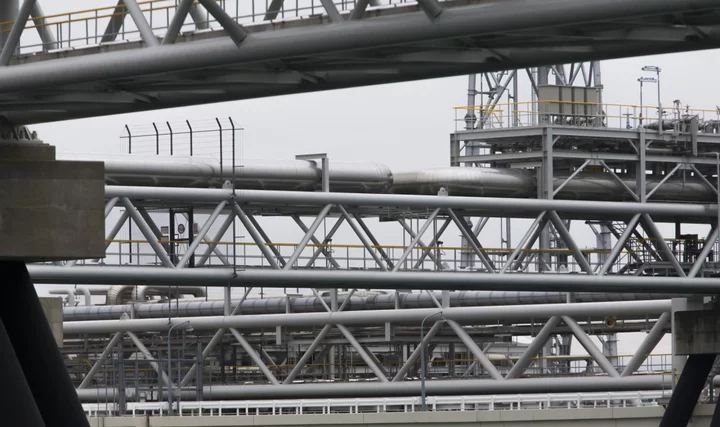Tohoku Electric Power Co. is accelerating plans to test the co-firing of hydrogen at a natural gas power plant, a technology that’s being pushed in Japan and some other nations as a key tool for decarbonization.
The utility will begin replacing about 1% of fuel volume at the Niigata Thermal Power Station — which uses liquefied natural gas — from next month, bringing forward trials that had been originally scheduled to begin in the fiscal year starting next April, the company said Tuesday in a statement.
Power generators across both Japan and South Korea are developing plans to use ammonia or hydrogen to replace as much as 20% to 30% of coal or gas burned in fossil fuel-power plants, aiming to both curb emissions and to extend the lives of the operations.
Japan, which relies heavily on fuel imports, has called for greater support for co-firing technology, arguing it needs a variety of tools to ensure energy security and to also meet its goal of achieving net zero emissions by 2050.
Critics claim co-firing is likely to prove costly and will deliver only minimal benefits for the climate. Deployment of ammonia alongside coal could increase emission of fine particulate matter and worsen air pollution, according to the Centre for Research on Energy and Clean Air.









